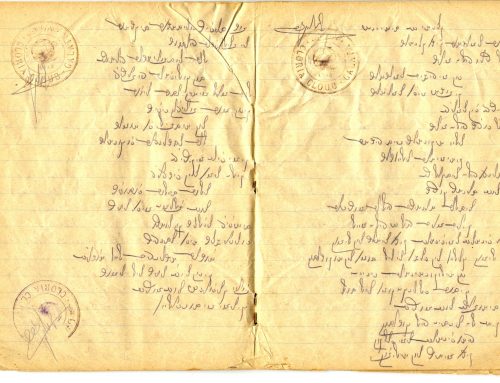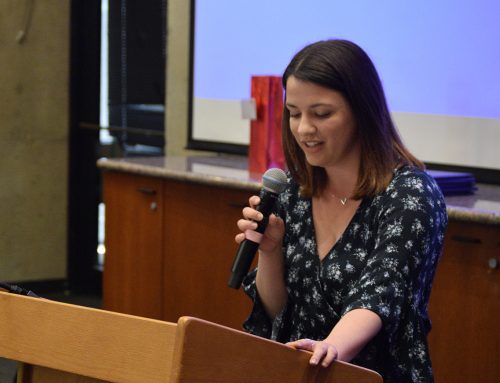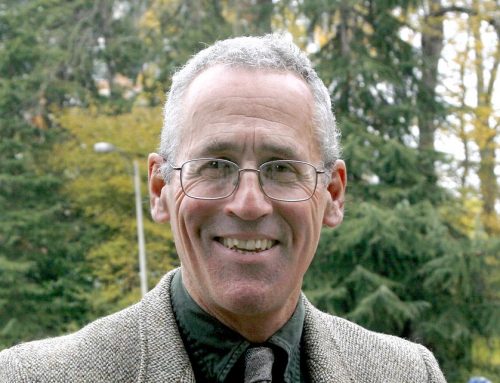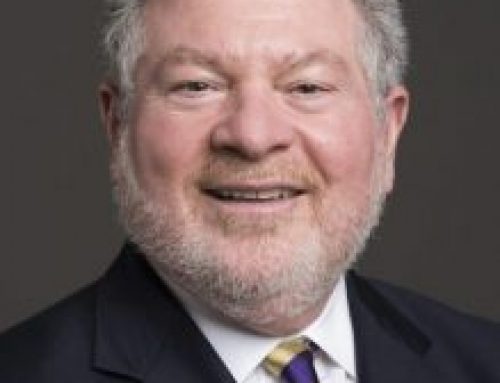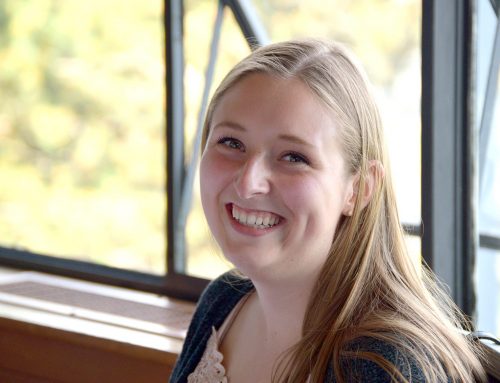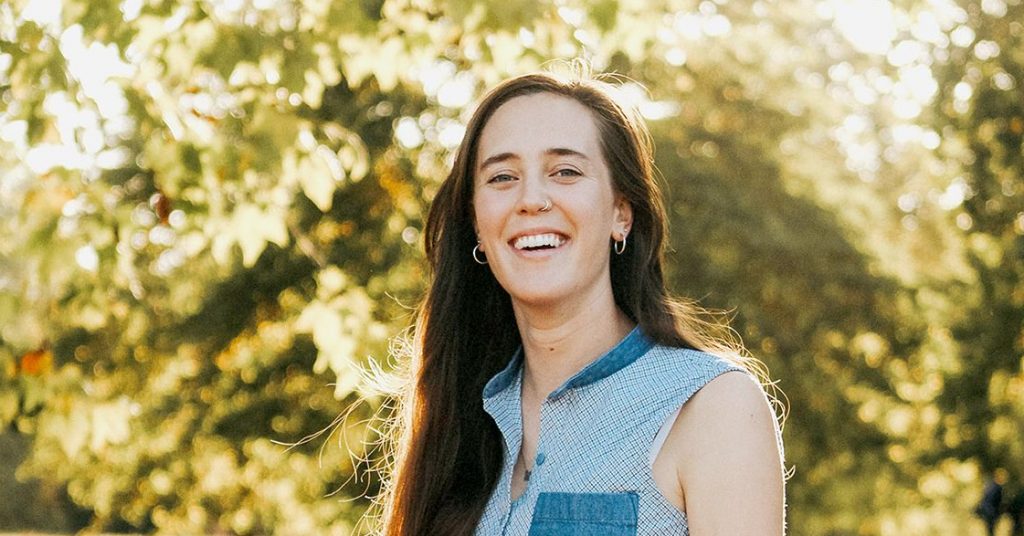
2020 Jewish Studies graduating senior Lily Rosencrantz
By Lily Rosencrantz
It seems to be an unspoken Rosencrantz family tradition to be a Husky. My dad and my three older siblings all graduated from the University of Washington. While I was excited about starting college at the UW, part of me wanted to explore beyond Seattle and the path that the rest of my family had taken. As a result, the summer after my sophomore year, I decided to study abroad in Israel. I didn’t know it at the time, but it would be one of the most formative experiences of my life.
I decided to study abroad because of my amazing teacher Hadar Khazzam-Horovitz, who taught my first-year Hebrew class. She ignited my passion for learning Hebrew with her engaging, dynamic teaching, which ensured that I was excited to participate in class every day. It was clear that Hadar cared for each of her students, and wanted us to succeed.
It was a direct result of Hadar’s encouragement and enthusiasm that I decided to study abroad at Hebrew University, where I learned Hebrew alongside an eclectic group of people from all around the world. My time in Jerusalem was an exercise in learning who I wanted to become; by going around the city, trying delicious Middle Eastern foods, praying with fellow Jews from around the world, and making friends on the street, I learned to both speak Hebrew and be a world citizen. And though I was thousands of miles away, I felt support from Seattle from people like Hadar and Lauren Kurland, the Stroum Center’s Student Engagement Director, and the rest of the Stroum Center’s staff and faculty.
I loved the opportunity to combine travel and my education, so I later took advantage of studying abroad again at University College London, where I learned from the amazing faculty in the Department of Hebrew and Jewish Studies.
When I returned to Seattle, I had a new appreciation for the Jewish Studies major, and for the people who make it such an enriching program. One of the last classes I took to complete my degree emphasized how Jewish studies classes are able to create a fun learning environment that helps students learn to their fullest potential; it was a course called “Dancing with Hebrew” with Hebrew instructor Tovi Romano. It combined learning Israeli folk dance, Hebrew language, and Israeli history. It was an unforgettable class that exemplified the captivating nature of the Jewish studies faculty and course offerings. I look back on it and my time in the Jewish Studies program fondly.
I am thankful to the Stroum Center for the opportunities I have had to learn experientially, to connect with my Jewish heritage, and to become part of an intimate, vibrant and supportive community within a massive university.
The main part. Before you begin writing the main part, you must decide on the names of chapters and paragraphs. Then you should build a chain of narration, so as not to break the sequence of thoughts and not to deviate from the given topic. Cover the main aspects as much as possible, in the main part of the essay should set out the main how to format a college application essay concepts set out in the sources. In addition to the drawn from various sources of the content of the main part should include his own opinion of the author of the essay and self-generated conclusions based on the facts.
Todah rabah — thank you! — to the Stroum Center and the people who work hard to make it such an incredible program, and congratulations to my fellow graduates!
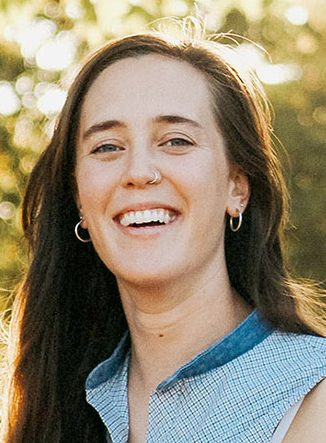 Lily Rosencrantz is graduating with a double degree in Jewish Studies and Human Centered Design and Engineering. Highlights of her time at the UW have included studying abroad and participating in Hillel UW. Lily looks forward to traveling more, and potentially pursuing a master’s degree in interaction design at University College London.
Lily Rosencrantz is graduating with a double degree in Jewish Studies and Human Centered Design and Engineering. Highlights of her time at the UW have included studying abroad and participating in Hillel UW. Lily looks forward to traveling more, and potentially pursuing a master’s degree in interaction design at University College London.

